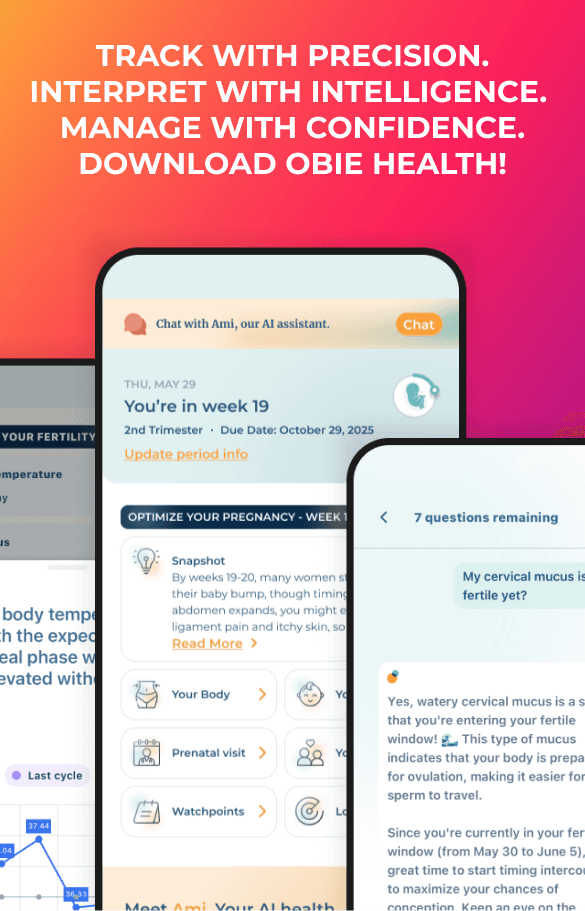How Much Drool is Too Much?
Obie Editorial Team
It’s no secret that babies drool. While adults’ drooling is generally considered strange and uncivilized, baby drool is somehow endearing and comforting. Few people consider why their adorable babies might be drooling, but most just let it happen without thinking twice. Like spit up, full diapers, and snot, it’s just one of those unappealing things that go hand in hand with infancy. However, will you be able to tell if your infant is drooling too much? There is such a thing as excessive drooling, but it can be difficult to know when your baby’s drool is abnormal or not. However, excessive drool actually isn’t something you should be overly concerned about, as it is probably helping your baby more than it’s hurting him.
Saliva is produced as a way to clean the gums and teeth and rid them of food and bacteria. When a baby is drooling excessively, more of those bacteria are washed away. Saliva also helps your baby break down certain compounds in the foods he eats, so producing too much will help his stomach. As long as your baby is showing normal developmental progress in other areas, the excessive drooling is nothing to be concerned about, and you should really only become worried if the drool is causing other problems. For example, babies who drool excessively might get chapped skin around their mouths. Certain ointments can help with this, especially during the night when you’re not around to wipe up every overflow. Speaking of nighttime, you should have your baby sleep on his side if he is past the age of SIDS risk. This will prevent the drool from pooling at the back of the throat. However, check with his doctor first to make sure SIDS is no longer an issue.
If your baby’s excessive drooling seems to be accompanied by other strange symptoms, you should definitely bring it up to his or her pediatrician. An underdeveloped swallowing mechanism could be a sign of a general developmental delay. However, those other signs have probably been noticeable enough that you would have already brought them up to the pediatrician, so don’t be too concerned if nothing else has come up. More than likely, the excessive drool is just a silly quirk that your baby has. It will go away as soon as his baby teeth start coming in, as they will act as a barrier to the saliva.
Source: F Farrer et al: Babies – Teething Problems. Professional Nursing Today Volume 13 Issue 2 2009
Saliva is produced as a way to clean the gums and teeth and rid them of food and bacteria. When a baby is drooling excessively, more of those bacteria are washed away. Saliva also helps your baby break down certain compounds in the foods he eats, so producing too much will help his stomach. As long as your baby is showing normal developmental progress in other areas, the excessive drooling is nothing to be concerned about, and you should really only become worried if the drool is causing other problems. For example, babies who drool excessively might get chapped skin around their mouths. Certain ointments can help with this, especially during the night when you’re not around to wipe up every overflow. Speaking of nighttime, you should have your baby sleep on his side if he is past the age of SIDS risk. This will prevent the drool from pooling at the back of the throat. However, check with his doctor first to make sure SIDS is no longer an issue.
If your baby’s excessive drooling seems to be accompanied by other strange symptoms, you should definitely bring it up to his or her pediatrician. An underdeveloped swallowing mechanism could be a sign of a general developmental delay. However, those other signs have probably been noticeable enough that you would have already brought them up to the pediatrician, so don’t be too concerned if nothing else has come up. More than likely, the excessive drool is just a silly quirk that your baby has. It will go away as soon as his baby teeth start coming in, as they will act as a barrier to the saliva.
Source: F Farrer et al: Babies – Teething Problems. Professional Nursing Today Volume 13 Issue 2 2009







